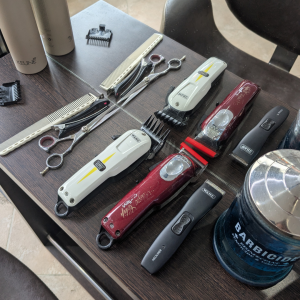How Occupational Therapy Can Support Children with Additional Needs
Hi, I’m Rachael from Jam Up, and today I had the pleasure of chatting with the brilliant Gemma Carlier, a passionate and experienced Occupational Therapist (OT) who works with children and young people. Please scroll down to view our video.
We talked about the role of occupational therapy in supporting children with additional needs, and how wide-ranging and impactful that support can be.
So, what is occupational therapy?
Occupational therapy is all about helping people do the things that matter to them—whether that’s getting dressed, going to school, playing, or brushing their teeth. For children with additional needs, there can be many barriers to these everyday tasks, from sensory sensitivities to difficulties with coordination, focus, or emotional regulation.
OTs look at the child, the task, and the environment to figure out what’s getting in the way and then work out strategies or adaptations to help. Gemma shared that this can mean changing how a task is done, building skills, or adjusting the environment to make things more comfortable.
What kind of goals do OTs work on?
Gemma explained that goals are always set with the child or young person and usually also their family, so they’re meaningful and realistic. These might include school-based activities, self-care routines like hair washing or toothbrushing, or even improving sleep. It’s all about what matters most to the child and their support network.
What about sensory processing?
Many neurodivergent children experience sensory differences that make daily life more challenging, like feeling overwhelmed by the feel of clothes or the noise of the shower. Gemma talked us through how OTs can help by finding ways to adapt routines, reduce anxiety, or even change when or how a task happens to make it easier for the child.
For example, if mornings are too overwhelming, could showers happen in the evening instead? Can we talk to schools about adapting uncomfortable uniforms? These small changes can have a big impact.
Where does Jam Up! come in?
AT Jam Up!, we’ve created a digital platform that supports children and young people, especially those who are neurodivergent, with everyday life skills like getting dressed and brushing teeth. We’re working closely with families, occupational therapists, and other professionals to make sure the app is accessible, empowering and fun.
Just like the OT approach Gemma described, Jam Up! recognises that no two children are the same. The platform allows children to practise and learn in a way that works for them, helping to build independence, confidence, and a sense of achievement, step by step.
A huge thank you to Gemma for sharing her insights. It’s clear that occupational therapists find possibilities and solutions. And at Jam Up!, we’re proud to be working alongside them to support children and families in everyday life.




